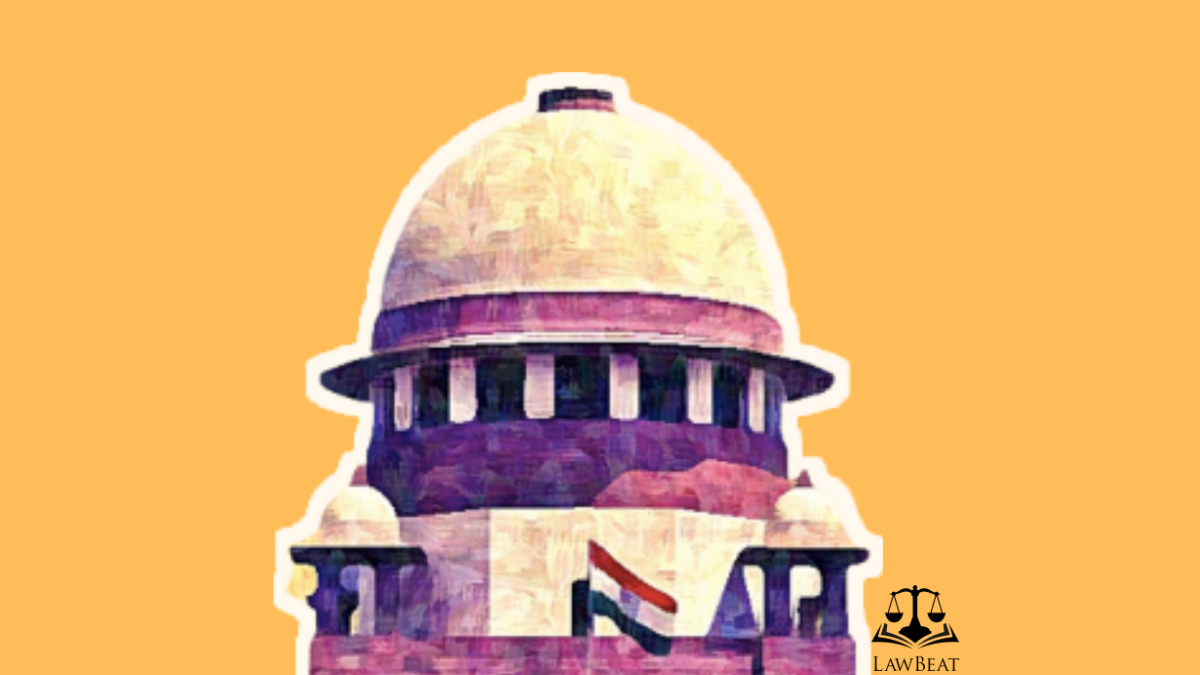Family Court Expected Follow Procedure Adopted By Law; No Legal Presumption Of Abandonment Of Proceedings: Supreme Court

The Top Court in its judgment dated March 17, noted gross irregularities in the conduct of Family Court in a matter seeking custody and guardianship of Minor.
A Full judge bench of Justice A.M. Khanwilkar, Justice B.R. Gavai and Justice Krishna Murari, while allowing the present appeal in part, observed,
“The nature of inquiry before the Family Court is, indeed, adjudicatory. It is obliged to resolve the rival claims of the parties and while doing so, it must adhere to the norms prescribed by the statute in that regard and also the foundational principle of fairness of procedure and natural justice.”
Court directed for revival of guardianship petition and all applications filed therein. Transposition application under Order I Rule 10 r/w Order XXIII Rule 1 r/w Section 151, filed by the respondent stands dismissed.
Appellant moved a guardianship petition dated 09.02.2018 against the respondent, under Section 7 of the Guardians and Wards Act, 1890 read with Section 7(g) of the Family Courts Act, 1984. Notice was issued on the said petition on 19.02.2018. This was followed by two amendment applications under Order VI Rule 17 CPC and one application to take on record the High Court findings in contempt petition against the respondent.
All this while, no written statement or response to applications were filed by the respondent.
Dispute arose when orders were passed by the Family Court, allowing transposition application and custody of minor filed by respondent, without deciding the pending applications of the appellant or providing any opportunity of hearing.
It was further alleged that no reasonable enquiry was conducted by the Court to check if copy of application was duly served upon the appellant or not.
Appeal filed in the High Court stood withdrawn and transferred to the present Court.
With respect to the procedural requirements of a Family Court, the Bench observed,
"Family Court is expected to follow procedure known to law, which means insist for a formal pleading to be filed by both sides, then frame issues for determination, record evidence of the parties to prove the facts asserted by the concerned party and only thereunder, to enter upon determination and render decision thereon by recording reasons for such decision. For doing this, the Family Court is expected to give notice to the respective parties and provide them sufficient time and opportunity to present their claim in the form of pleadings and evidence before determination of the dispute.”
With respect to the statutory mandate, it was noted, “… both the enactments (the 1984 Act and the 1890 Act) provide for procedure in the form of disclosures, declarations and assertions and its refutations by the other party opposing the claim, whereafter the matter proceeds for recording of evidence followed by the declaration or order passed by the Court. Intrinsic in all these steps is to guarantee fair opportunity to all concerned.”
It was also noted that presumption of abandonment of proceedings by the Family Court, on behalf of Appellant was largely misconstrued and impermissible in law; “There can be no legal presumption about the factum of abandonment of proceedings. The abandonment has to be express or even if it is to be implied, the circumstances must be so strong and convincing that drawing such inference is inevitable. Rather, no other view is possible.”
Narrowing down to the facts and circumstances of the present case, it was held that the Family Court erred on several counts, including, (i) Before discharging the counsel, the Family Court should have ensured that notice was given to the appellant about the request made by his counsel including to make alternative arrangements, if he so desired (ii) Accepting the request by the counsel, the Court was obligatory to issue notice to the appellant to inform about the orders so passed and also calling upon the appellant to make necessary arrangements on the next date (iii) Copy of transposition application was neither provided nor ensured by the court to be made available to the Appellant.
Reference was drawn from Sangram Singh v. Electional Tribunal, Kotah & Anr, AIR 1955 SC 425, State of Punjab v. Shamlal Murari, (1976) 1 SCC 719, Rosy Jacob v. Jacob Chakramakkal, (1973) 1 SCC 840
Case Title: Aman Lohia v. Kiran Lohia | TRANSFERRED CASE (CIVIL) NO. 25 of 2021
Statute/Provisions involved: Section 7 Guardians and Wards Act, 1890, Section 7(g) of Family Courts Act, 1984, Section 26 Hindu Marriage Act, 1955, Order VI Rule 17 CPC, Section 151 CPC.
